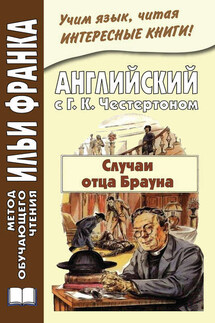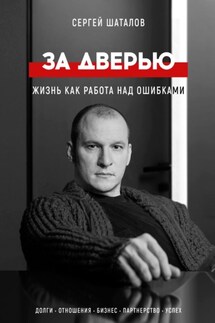Английский язык с Энтони Хоупом. Узник Зенды / Anthony Hope. The Prisoner Of Zenda - страница 17
George jingled his money, smiled cruelly at poor Bertram, and answered pleasantly:
“Nobody knows. By the way, Bert, I met a great man at her house the other night – at least, about a month ago. Did you ever meet him – the Duke of Strelsau?”
“Yes, I did,” growled Bertram.
“An extremely accomplished man, I thought him.”
It was not hard to see that George’s references to the duke were intended to aggravate poor Bertram’s sufferings, so that I drew the inference that the duke had distinguished Madame de Mauban by his attentions. She was a widow, rich, handsome, and, according to repute, ambitious. It was quite possible that she, as George put it, was flying as high as a personage who was everything he could be, short of enjoying strictly royal rank: for the duke was the son of the late King of Ruritania by a second and morganatic marriage, and half-brother to the new King.
He had been his father’s favourite (он был отцовским любимцем), and it had occasioned some unfavourable comment (и поводом для нежелательных слухов послужило /то/; to occasion – вызывать, служить причиной; unfavourable – неблагоприятный; неодобрительный, неблагожелательный; favour – благосклонность, одобрение) when he had been created a duke (что его сделали герцогом; to create – создавать, творить; присваивать титул), with a title derived from no less a city than the capital itself (с получением титула по имени ни больше, ни меньше, чем самой столицы; title – заглавие, название; титул; no less than – не менее чем; ни больше, ни меньше чем). His mother had been of good, but not exalted, birth (его мать была из хорошей, но незнатной семьи; exalted – возвышенный; благородный; высокий /о положении, сане/; birth – рождение; происхождение).
“He’s not in Paris now, is he?” I asked (сейчас его нет в Париже, не так ли? – спросил я).
“Oh no! He’s gone back to be present at the King’s coronation (о, нет! он вернулся /домой/, чтобы присутствовать на коронации /нового/ короля); a ceremony which, I should say, he’ll not enjoy much (церемонии, которая, я должен заметить: «сказать», не сильно его порадует). But, Bert, old man, don’t despair (но Берт, старик, не отчаивайся)! He won’t marry the fair Antoinette (он не женится на прекрасной Антуанетте;





